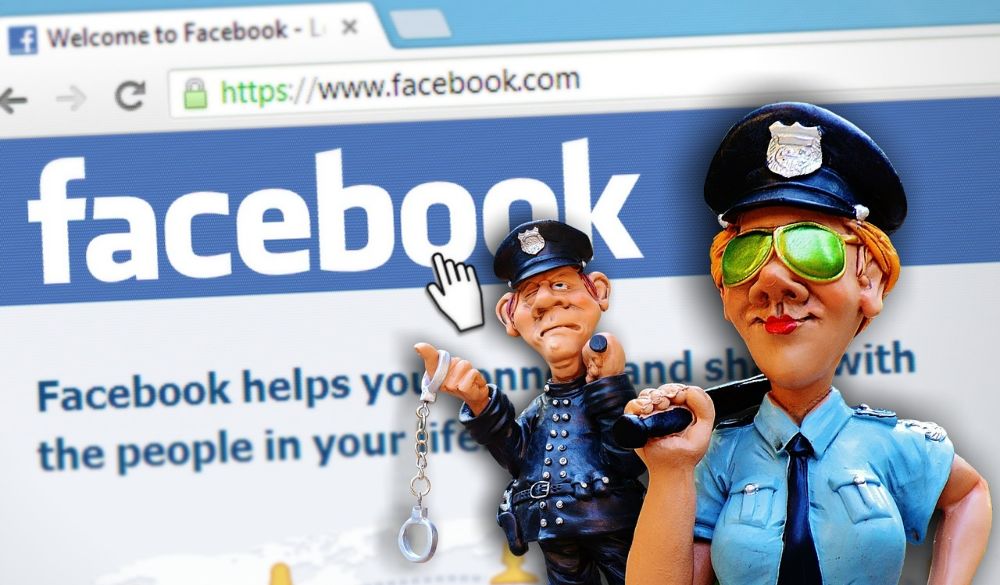
Sometime in 1988, I think, I was an editorial assistant at G.P. Putnam’s Sons in midtown Manhattan when I happened to come out of the elevator to find Kurt Vonnegut trying to get past the receptionist to see his editor, our senior vice president, who was out at some power lunch at the time.
Vonnegut was tall, lanky, and sketchy-looking even in chinos and a burgundy polo shirt, and he reeked of tobacco. Our receptionist and unflagging gatekeeper, Ivelisse, was a young woman from the Bronx whom I not so secretly adored. Because of that, perhaps, she welcomed my intervention, and I was allowed to escort Vonnegut to the VP’s office.
He sat in her chair behind her desk, slammed down a badly mangled manuscript and a pint of Jim Beam, and ordered me to find him an ash tray.
The copy editor assigned to his new novel, Hocus Pocus, had returned his manuscript to him with something like 350 queries, meaning tiny notes stuck to it with questions about continuity, word choice, punctuation, etc. Ordinarily, one might expect to have 30 or 40 such queries on a manuscript of similar length. “I feel like I failed a test,” Vonnegut said, pointing an unfiltered Pall Mall at me. “I’m here for the make-up exam.”
Some hours later, long after our VP had returned from lunch and Vonnegut had ejected her from her own office, he finished his corrections, came out into the hallway and said, apropos of something I could not comprehend at the time, “You know they burned my books in the Seventies. In America! Like Berlin in the Thirties!”
Why am I telling you this?
I was recently banned by Facebook after posting a column I wrote and published less than a year ago. Facebook informed me I had violated its community standards by my use of a word.
The word was swastika. Here’s how I used it: “My first swastika.” That was the entire introduction to the post, which was a column called “Re-history,” about the time I was with my best friend in fourth grade when we came home to find a swastika carved on his front door. In fairness to the algorithm or bot or whatever that flagged me, I can understand how my intro might be misconstrued. It was intended to get attention. That’s what writers do.
But the actual living humans at Facebook to whom I appealed stood by the decision of their automated robot servants. Repeatedly. The story didn’t matter. The word did.
Here’s another word we should consider: Irony. That column was about the insidious nature and continuous danger of racism, but it was banned because a robot thought I was promoting racism, and a committee of humans, supposedly, declined to reconsider its decision or perhaps even read the offending column.
More ironic is that — I mean, like, hello? — I’m a newspaper editor.
That makes me one of your archetypal bleeding-heart, flag-burning, America-hating Illuminati that QAnon has been warning you about, or so I’ve been told in nearby saloons. In my defense, I also like to shoot at things and eat red meat and will throw recyclables in the trash when no one is looking. Sometimes I even hold my upturned elitist nose and vote Republican in the antiquated notion that one should choose the best person for the job instead of what’s best for one’s tribe.
Since Facebook and other media are private entities, they cannot technically be guilty of censorship since that narrow privilege is reserved to government. But that doesn’t stop media from banning whatever to avoid giving offense.
And there’s your problem. The essential American tradition that the best response to unwelcome speech is more speech has been subsumed by audiences targeted for division and weaponized for profit. The offending speaker or writer is not the only one marked for a reaction — the listener or reader is too.
At the paper I help to edit we receive a great deal of unsolicited advice from all points of the compass on how to run this newspaper. When we get something usable, i.e., free of hate speech, mostly accurate, and of suitable length, I am one of the reliably loud, long-winded, and lonely voices in the staff room demanding we print it no matter how crazy it sounds. But we stick to our policy that while you have a right to express your opinion, we have a civic duty to make you defend it with facts, figures, and eloquence — to get it right.
Getting over that hurdle is often too much for many of our interlocutors, who instead insist on shouting louder instead of standing by their words. But we try.
Kurt Vonnegut, of course, was a World War II veteran and a prisoner of war who survived the Dresden fire bombing, which he memorialized in one of his many books burned in the U.S. and banned in some school districts. But remember that he sat in an office one afternoon smoking Pall Malls and drinking Jim Beam until he had corrected all 350 errors, misstatements, or missteps in his latest book, to make sure he got it right.
And Ivelisse and I are still in touch. On Facebook.
Ted Olinger is associate editor of Key Peninsula News, where this column first appeared. He lives in Vaughn.
Discover more from Post Alley
Subscribe to get the latest posts sent to your email.

The ‘Shame Police’, live or robotic, are a part of everyday life.
Those of US that were born awhile ago can’t believe what has happened to “Public Discourse” .
A fine piece! Thank you.
Next time I’m out on the peninsula I’ll pick up an issue.
Maybe you could get side job, in the Facebook Community Standards Dept. Good fun there, I bet.
Tough cookies you getting censored. Happens a lot here on this website, too, and for no rhyme or reason.